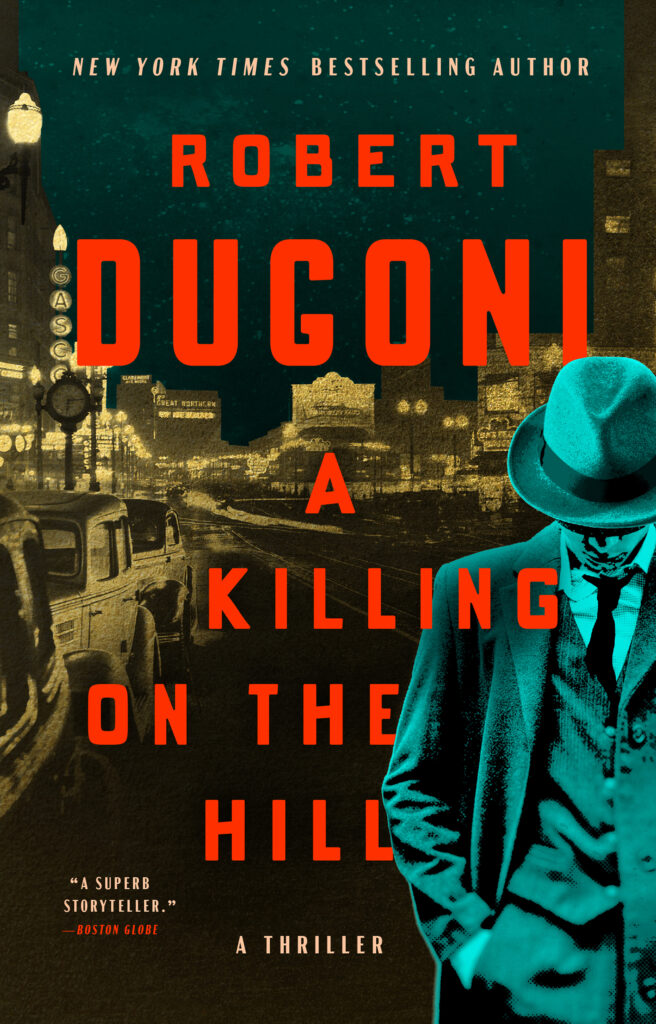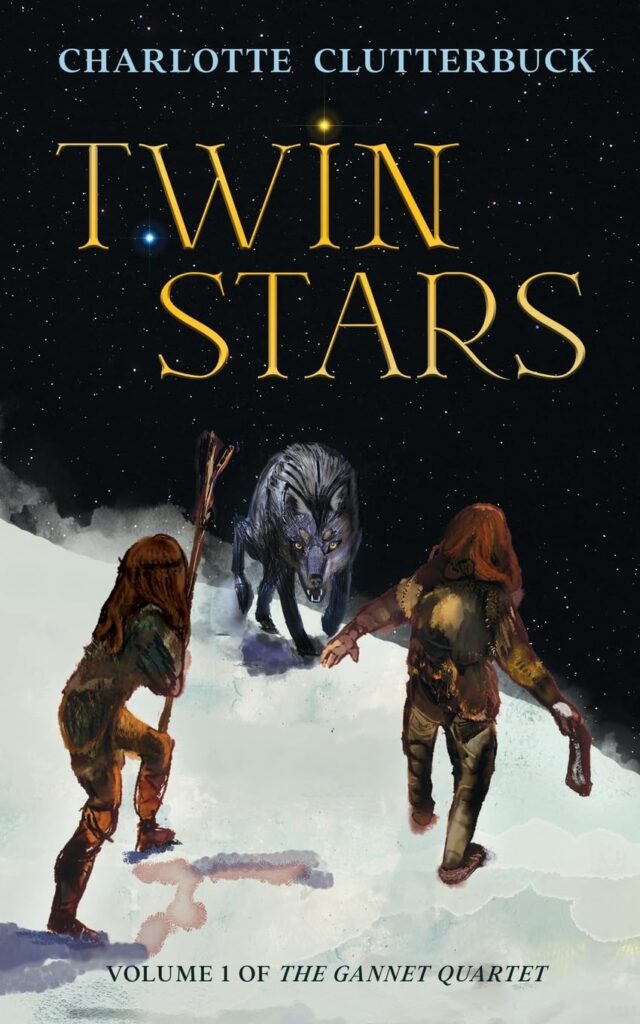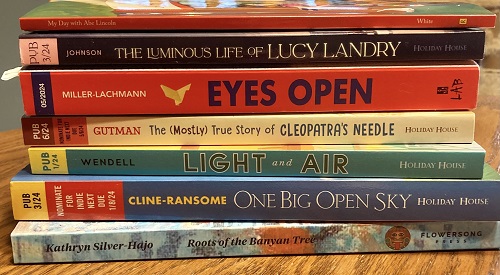A Line in the Sand
These first two volumes in the Kane Legacy series follow youngest son Alan Kane as he emigrates from 1834 Boston to Texas, with the ambition of someday owning his own ranch. At a stopover in New Orleans, he meets the beautiful Julia Miller, daughter of a plantation owner, but feels his ranch hand status is too lowly to aspire to her hand. His brother Adam, following him later, has no such qualms, and becomes engaged to Julia. Despite a change in his social status when he unexpectedly inherits a ranch, Alan vows never to let either know he loves Julia.
The rest of the Kane family join the brothers on the ranch, just as the call goes out from the Texas government for men to fight Santa Anna and the invading Mexican army. Both Alan and Adam join the others gathering at the Alamo. The story then follows the consequences of the battle on both the Kane family and on Texas, as the United States is caught in a “web of destiny,” leading inexorably to a full-blown war with Mexico.
I was glad to learn more about the Alamo and the road to the Mexican War, but am afraid that was the only thing I liked. The portrayal of minority characters seems to be drawn from old Hollywood movies. The slaves on the New Orleans plantation are happy to serve their masters: “Ah loves the Millahs, an Ah loves bein’ Hosanna Millah.” The Millers believe that “real Christian” owners are kind to their charges, and build them nice cabins to live in. A Mexican ranch hand’s dialogue sounds rather old-Hollywood, too: “Eef Juarez does hees part to defeat zee Mehicano soldiers, will he be a real Texan?” Santa Anna is described as wicked, vicious, and chuckling fiendishly.
The religious content is heavy, and from a fervently 21st century evangelical point of view. There is some less-than-scintillating dialogue: “I wish we could go home to our families, but it can’t happen right now.” “Right,” said Alex. “Not at this point.” Abel nodded, “That’s right.” In a fight scene, “Alan dodged two hissing fists.” If the authors were trying for metaphor, it falls on the ludicrous side. Fists that hiss? One of many information dumps begins with a blatant, “Let me tell you about that.” In short, only the most uncritical readers will enjoy the series.










